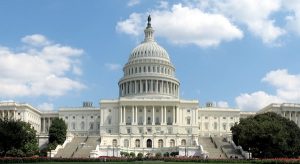No need to spend much more time on Zay Flowers. He was the best receiver in the draft, pure and simple. Lamar will have zero excuses this year. He’s surrounded by high end skill position players everywhere. The wide receiver trio of Beckham, Bateman, and Flowers is plenty good enough. Mark Andrews and his fellow tight ends are elite. The running back trio is excellent. Now we will see what Todd Monken can do. There should be big enough offensive philosophy changes coming. Now let’s take a look at days two and three.
A Debate With Eric DeCosta
I was foolish enough to believe, for two years running now, that the Ravens would not draft a player for a position where they did not have a need. Last year, it was Kyle Hamilton. This year, it is Trenton Simpson. It was my fault failing to review inside linebackers this season under this false assumption. Continue reading “Ravens Draft Days Two and Three, and More”






